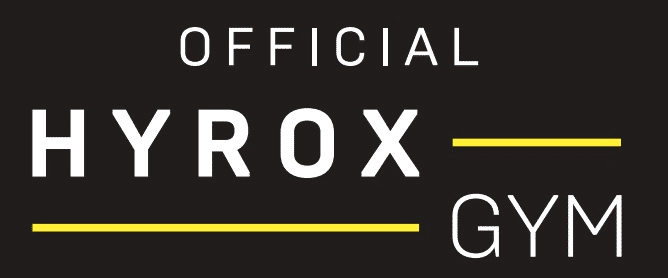[et_pb_section bb_built=”1″ admin_label=”section”][et_pb_row admin_label=”row”][et_pb_column type=”4_4″][et_pb_text admin_label=”Text” background_layout=”light” text_orientation=”left” use_border_color=”off” border_color=”#ffffff” border_style=”solid”]
“You may have heard: “it takes 21 days to build a habit.”
Let’s discuss that process of building. For most, not everyone will be perfect from day 1. Think about the time it took you to learn anything: a new skill, raising a child or being good at your work. Certainly, it took more than 21 days, but in that long haul, you had built many habits to move you along in your learning process.
It’s the small habits that we allow ourselves to accomplish every day or every week in that X amount of days. The rate at which we’re able to continue progressing also depends on our prior experiences. If you’re brand new to something, it’s going to take you a lot longer to learn it. Here are some things to keep in mind when building habits regarding your nutrition.
Meal Planning
•Assess your schedule for your busiest time- be sure to have meals prepared for those times ahead of time, even if you can’t prepare everything just yet. You may be tempted to pick up carry out or something less healthy if you’re not prepared.
•Make snacks that are well-rounded in macro nutrients. Having a handful of nuts is healthy and convenient, but does that alone have the protein you need? Probably not. Consider adding in some protein with that snack such as hard-boiled eggs and some berries for balance.
•Each week, challenge yourself to prepare one more meal than last week. If you started off with lunches, start planning to prepare your snacks the next week, and dinners the next.
•Stock up on produce–especially those vegetables! Meeting your macro nutrient goals are important, but getting our vitamins and minerals are important too.
Feeling full/Getting Hungry
•Feeling too full? Opt for a “substitution” for a macro nutrient type. Instead of a serving of avocado, saute your protein in a serving of olive oil. Instead of having 50g of carbs worth of sweet potato, mix it up with rice, quinoa or a combination of the three!
•Feeling hungry or famished? Again, stock up on produce!! The fiber in fruits and vegetables will help keep you full longer. Also be sure to be having a consistent flow of protein throughout the day. The reverse is true for feeling hungry–choose the higher-volume foods (vegetables or sweet potatoes for carbs versus a slice of bread). Note: (Whey) protein powders or bars are great for helping us meet our protein goals for the day, but can lack the ability to keep us full for long. Whenever possible, have whole-food proteins, and supplement with powders or bars.
•Assess why you are getting hungry: Are you bored? Stressed? Not eating all the macronutrients that your body needs each day (e.g. “I’m nervous I’m going to gain weight too fast, so I’m not going to eat ___g protein or ___g carbs)? Try to problem-solve for addressing that hunger; sometimes it just starts with an honest answer to some of these questions.
Self-Appreciation
•Don’t let the scale define you. Take at how your clothes fit or how you move during your workouts–are you satisfied in those ways?
•Verbally tell yourself something you love about yourself at least once a week–and it doesn’t have to be about your body. Accept it. Own your accomplishments!
•Remember where you started. Self-explanatory.
Again, it’s beyond 21 days to build a habit and make it a lifestyle, and you may not be perfect at doing so from day 1. Build your habits over time with small steps each week. It’s more practical and you won’t feel burnt out, especially when it’s early on.
[/et_pb_text][/et_pb_column][/et_pb_row][/et_pb_section]




